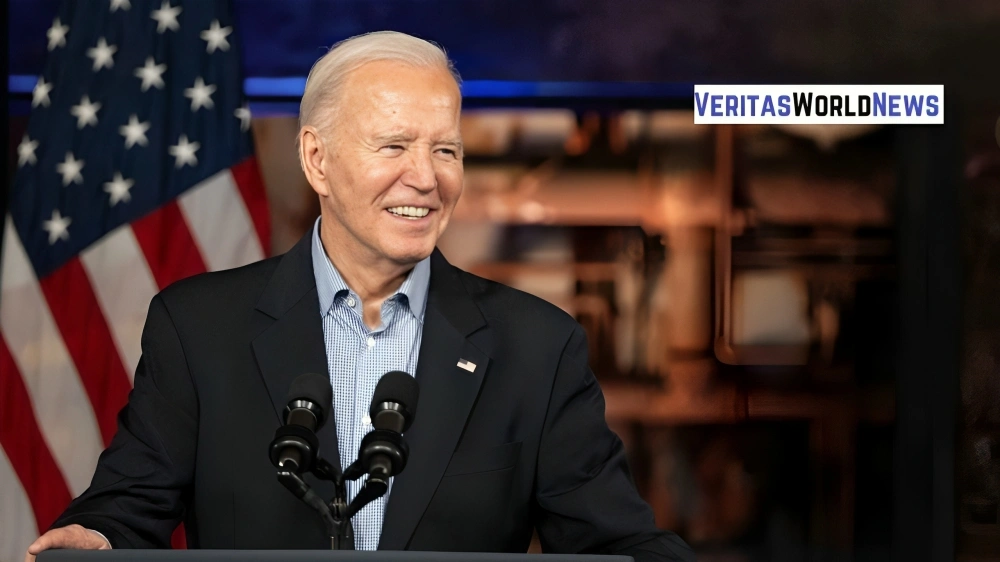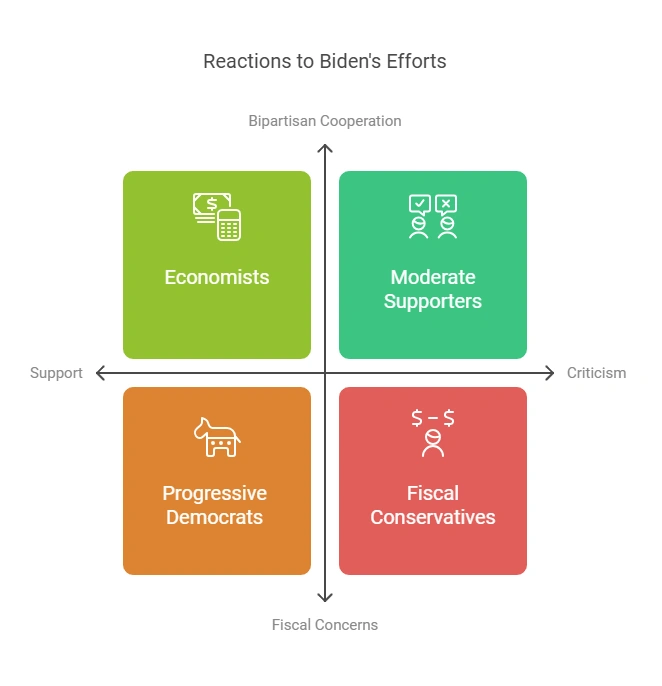
Washington, D.C.— With the deadline to avert a government shutdown rapidly approaching, President Joe Biden is intensifying efforts to secure bipartisan agreement on a federal budget. The administration is focused on ensuring the continuity of essential services while addressing the concerns of lawmakers on both sides of the aisle.
The potential shutdown looms as negotiations face roadblocks over spending priorities, including defense funding, social programs, and disaster relief.
What’s at Stake?
1. Key Federal Services at Risk
A government shutdown would disrupt essential services, including:
- National Parks: Temporary closures of public parks and landmarks.
- Federal Employees: Over 2 million federal workers could face furloughs or delayed paychecks.
- Military Personnel: Active-duty members would continue to work without pay until a resolution is reached.
2. Economic Impact
- Short-Term Effects: Delayed government contracts and halted federal programs could slow economic growth.
- Long-Term Consequences: Prolonged shutdowns erode consumer and business confidence, impacting markets.
Biden’s Approach
1. Budget Negotiations
President Biden has engaged congressional leaders in intensive discussions to reach a compromise.
- Key Issues: The administration is advocating for balanced funding that supports defense, education, and healthcare without compromising fiscal responsibility.
2. Public Messaging
Biden has appealed directly to the American people, emphasizing the importance of preventing a shutdown to avoid disruptions in daily life.
- Quote: “A government shutdown is not just a political inconvenience; it’s a failure to meet our responsibilities to the American people.”
3. Emergency Plans
The administration is preparing contingency measures to minimize disruptions if a shutdown occurs, including prioritizing essential services.
Challenges in Negotiations
1. Divided Congress
- House Republicans: Many have demanded cuts to social programs as part of the budget deal.
- Senate Democrats: Pushback against reductions to safety nets like Medicare and food assistance.
2. Defense Spending Disputes
Some lawmakers insist on increasing defense budgets, while others call for reallocating funds to domestic priorities.
3. Disaster Relief Funding
Natural disaster recovery efforts are a point of contention, with disagreements over the allocation of additional resources.
Reactions to Biden’s Efforts

Supporters
- Moderates in Congress: Applauded Biden’s push for compromise, emphasizing the importance of bipartisan cooperation.
- Senator Susan Collins: “A shutdown serves no one. President Biden is right to focus on finding common ground.”
- Economists: Warn of the financial consequences of a shutdown and highlight the importance of swift action.
Critics
- Fiscal Conservatives: Argue that Biden’s proposed budget includes excessive spending that exacerbates the national debt.
- Representative Jim Jordan: “This administration needs to get serious about cutting wasteful spending.”
- Progressive Democrats: Some express frustration over compromises that might reduce funding for key social programs.
Public Opinion: What’s True and Untrue?
- True:
- A government shutdown would significantly impact federal employees, essential services, and the broader economy.
- Biden’s administration is actively working to prevent a shutdown by prioritizing negotiations and contingency plans.
- Untrue:
- Claims that a shutdown would immediately halt all government functions ignore that essential services, such as national security and emergency response, typically continue.
- Assertions that Biden alone can prevent the shutdown overlook the role of Congress in passing a budget.
The Road Ahead
1. Bipartisan Cooperation Needed
The resolution of the budget impasse will require compromise from both parties to address national priorities while ensuring fiscal responsibility.
2. Short-Term Funding Measures
A continuing resolution may be necessary to provide temporary funding and avert a shutdown while broader negotiations continue.
3. Long-Term Fiscal Reform
Experts emphasize the need for comprehensive budget reforms to avoid recurring shutdown threats in the future.
Conclusion: A Test of Leadership
President Biden’s efforts to prevent a government shutdown highlight the challenges of governing in a deeply divided political landscape. While the outcome remains uncertain, the stakes for the nation’s economy, federal workforce, and public services could not be higher.
As Veritas World News observes, “Preventing a government shutdown is not just a political imperative; it is a fundamental duty to the American people.”
#GovernmentShutdown #BidenAdministration #FederalBudget #EconomicStability #VeritasWorldNews
